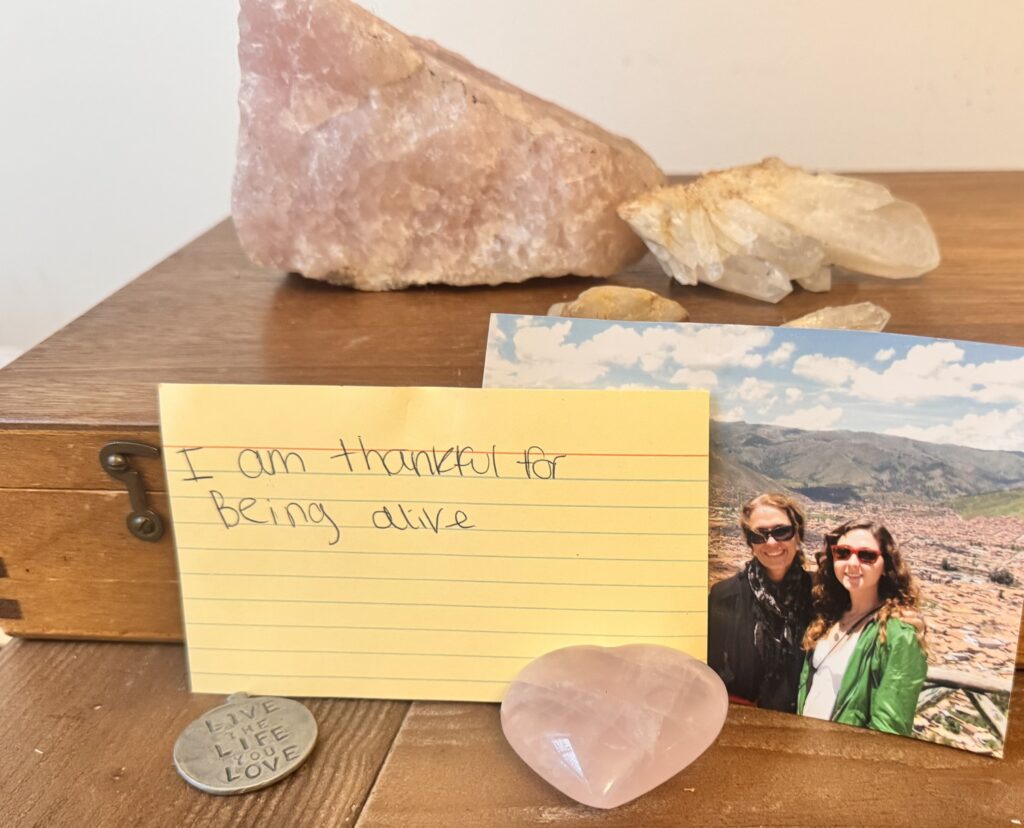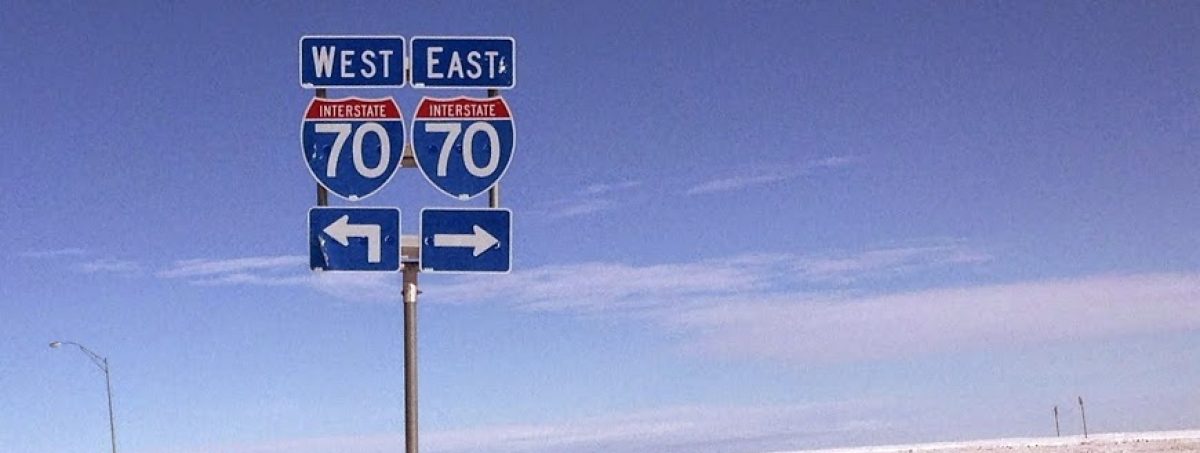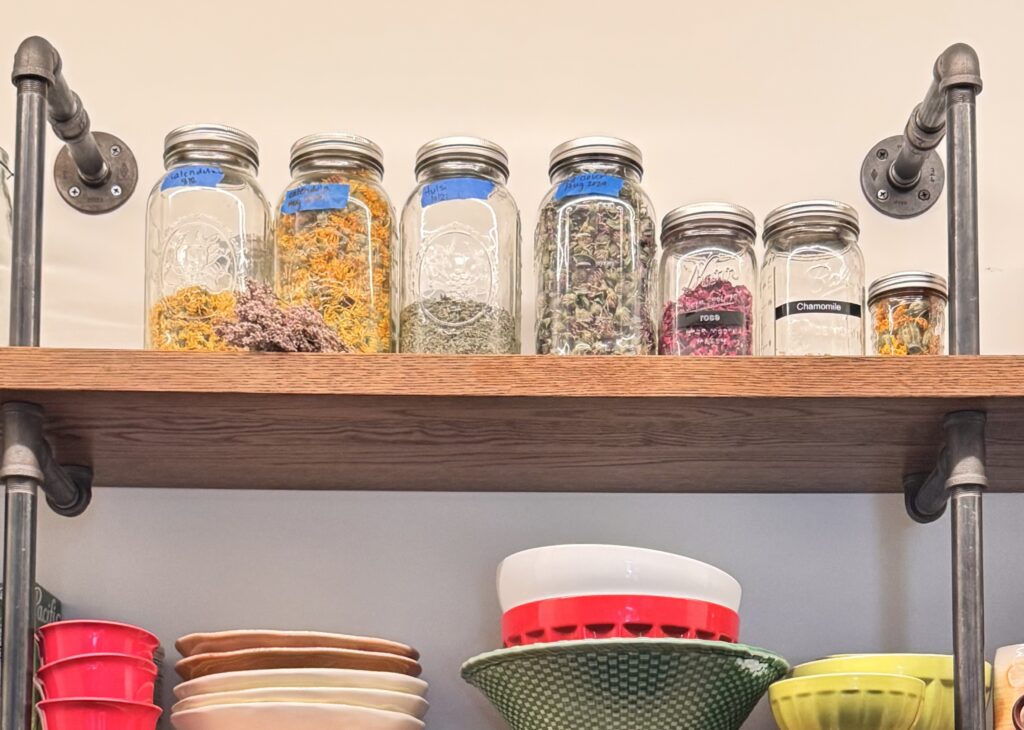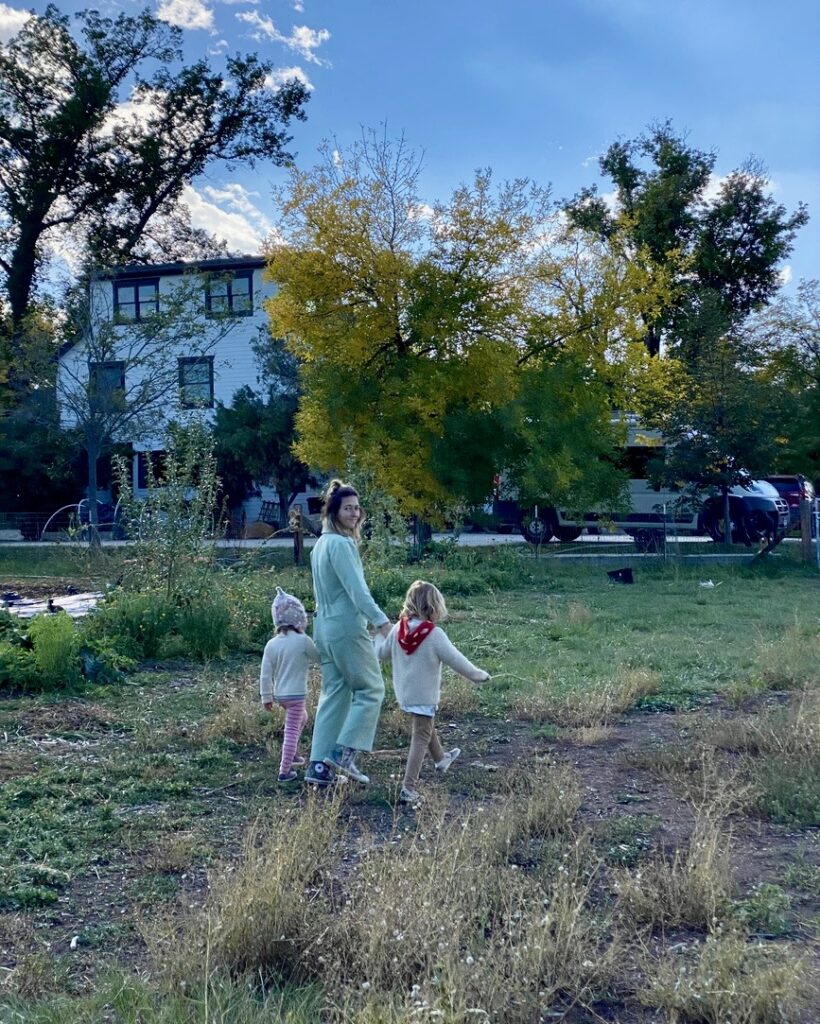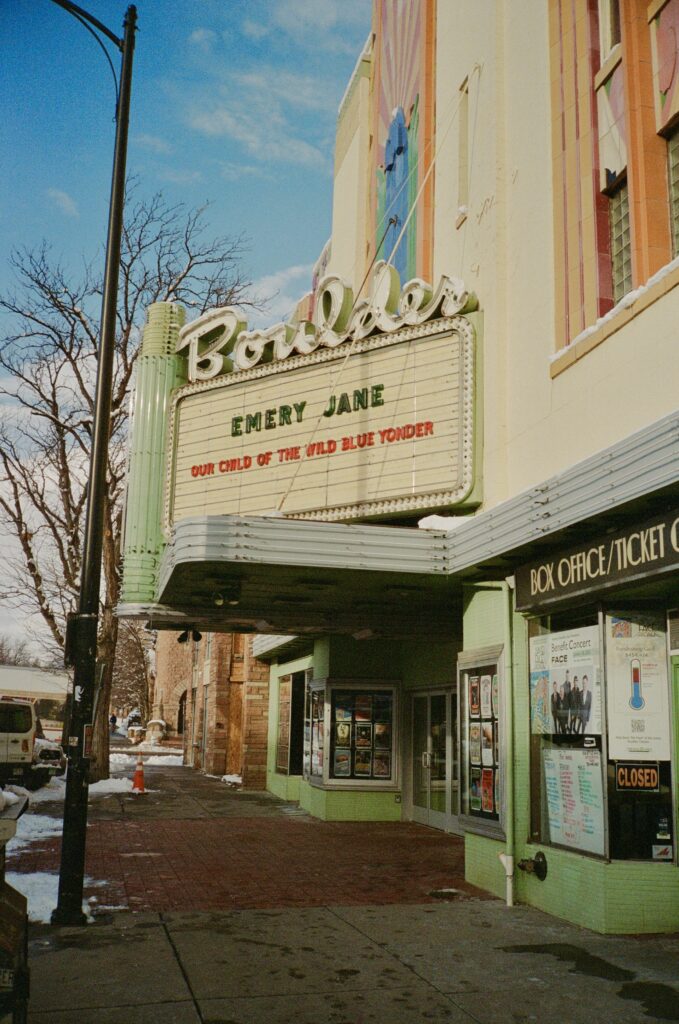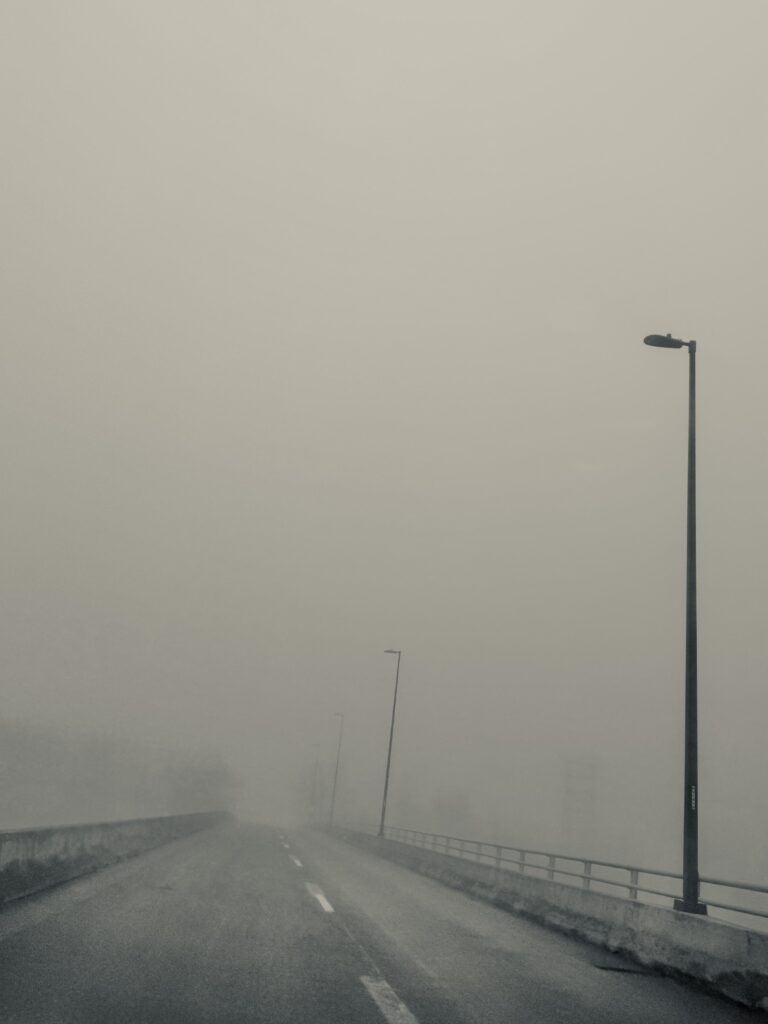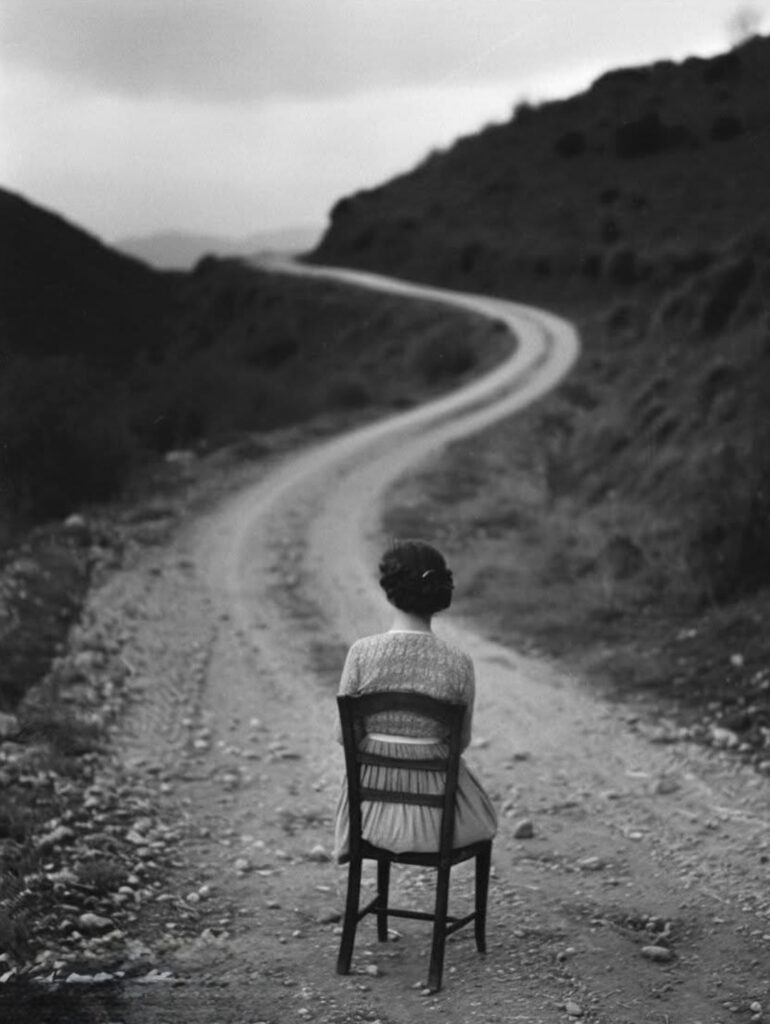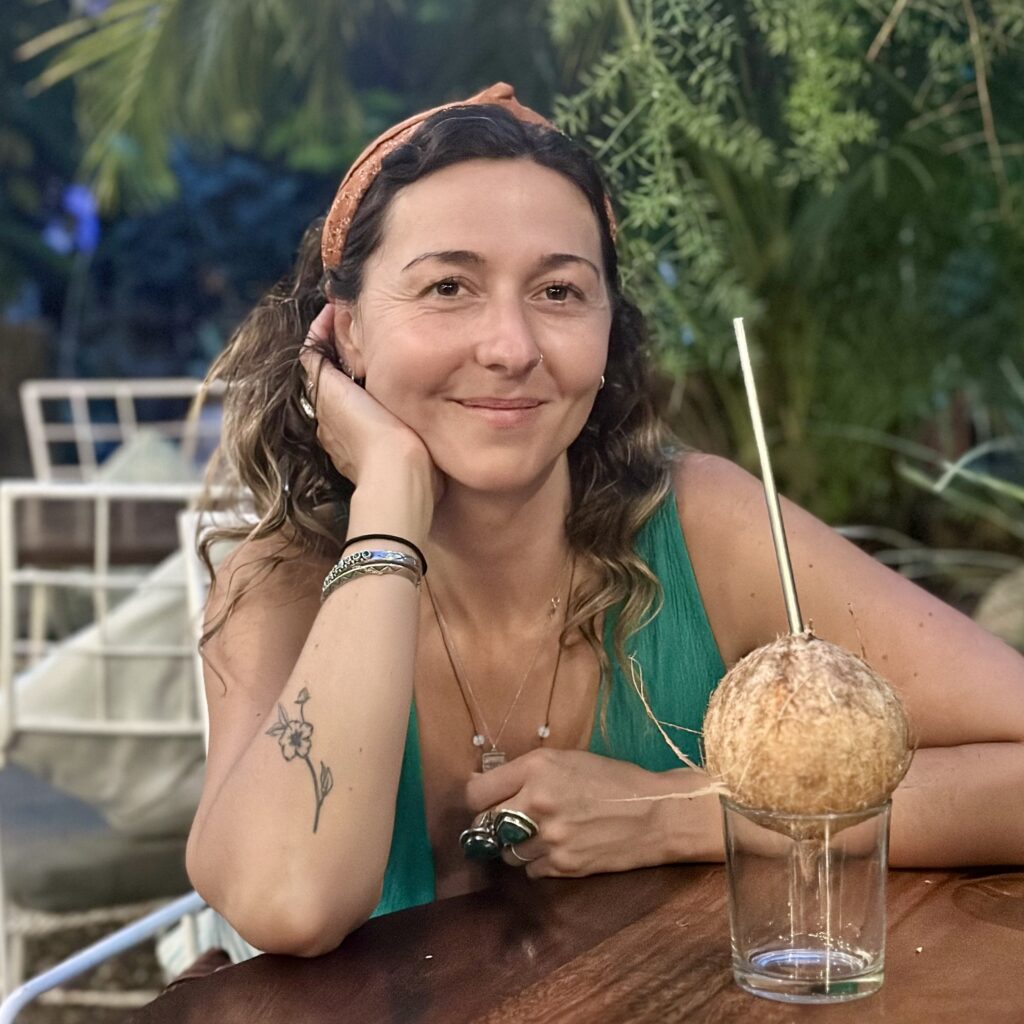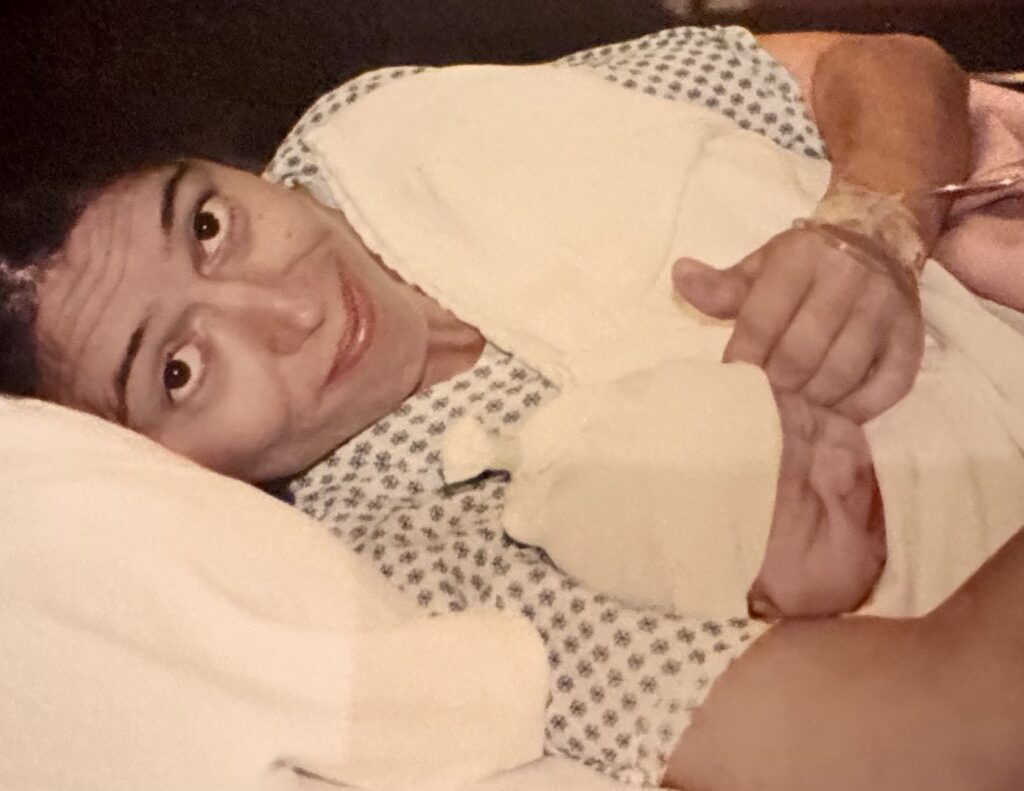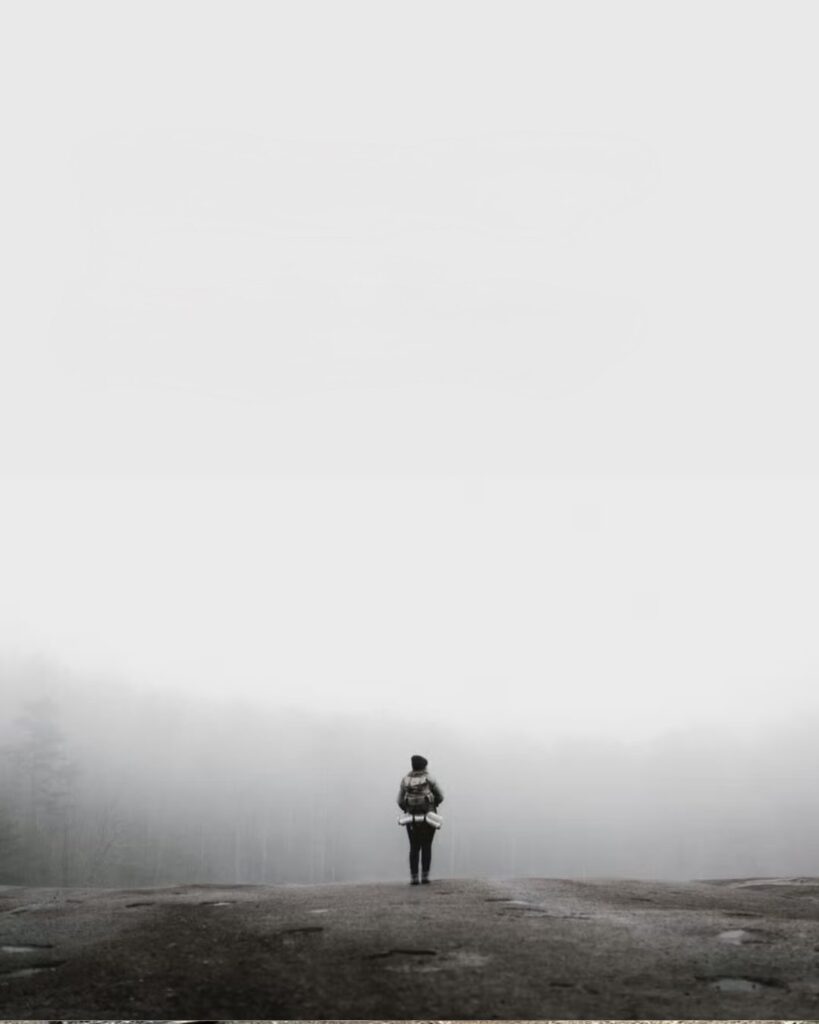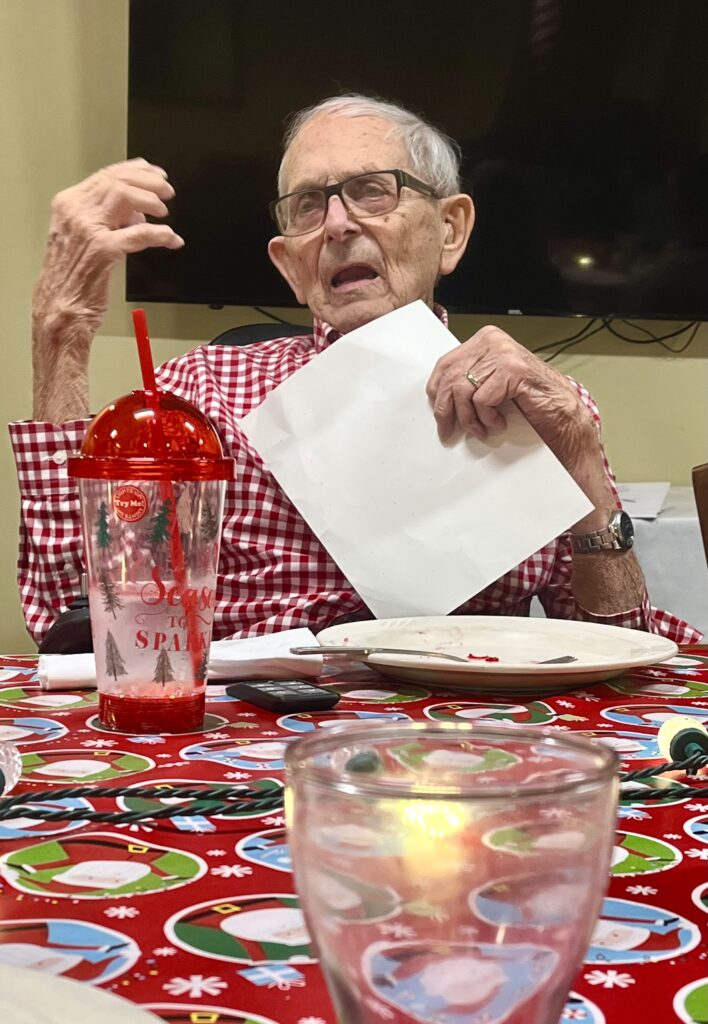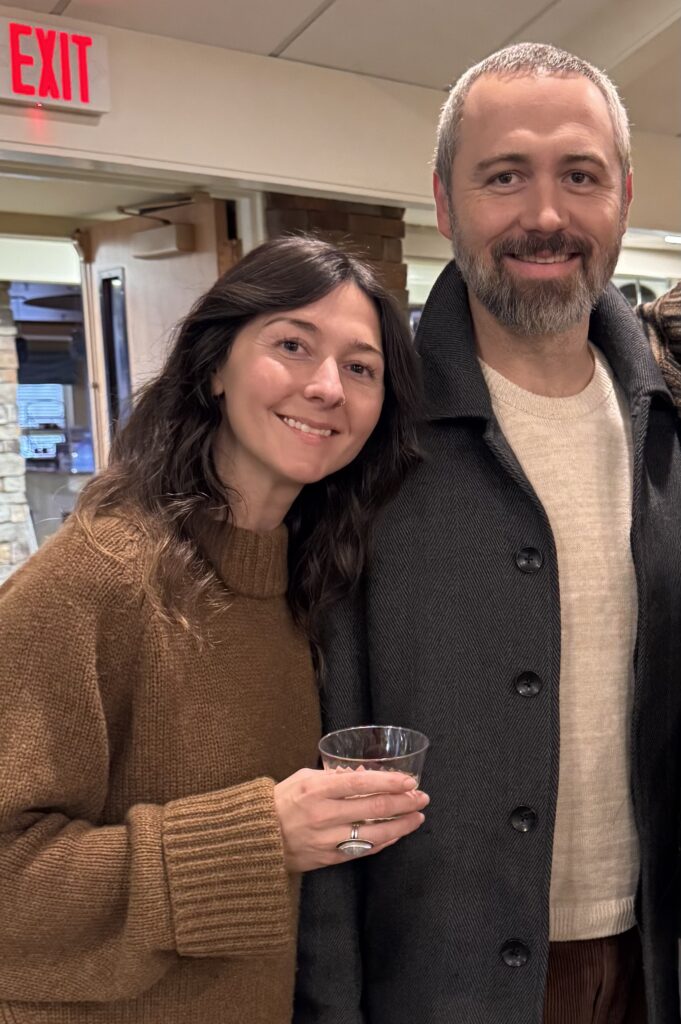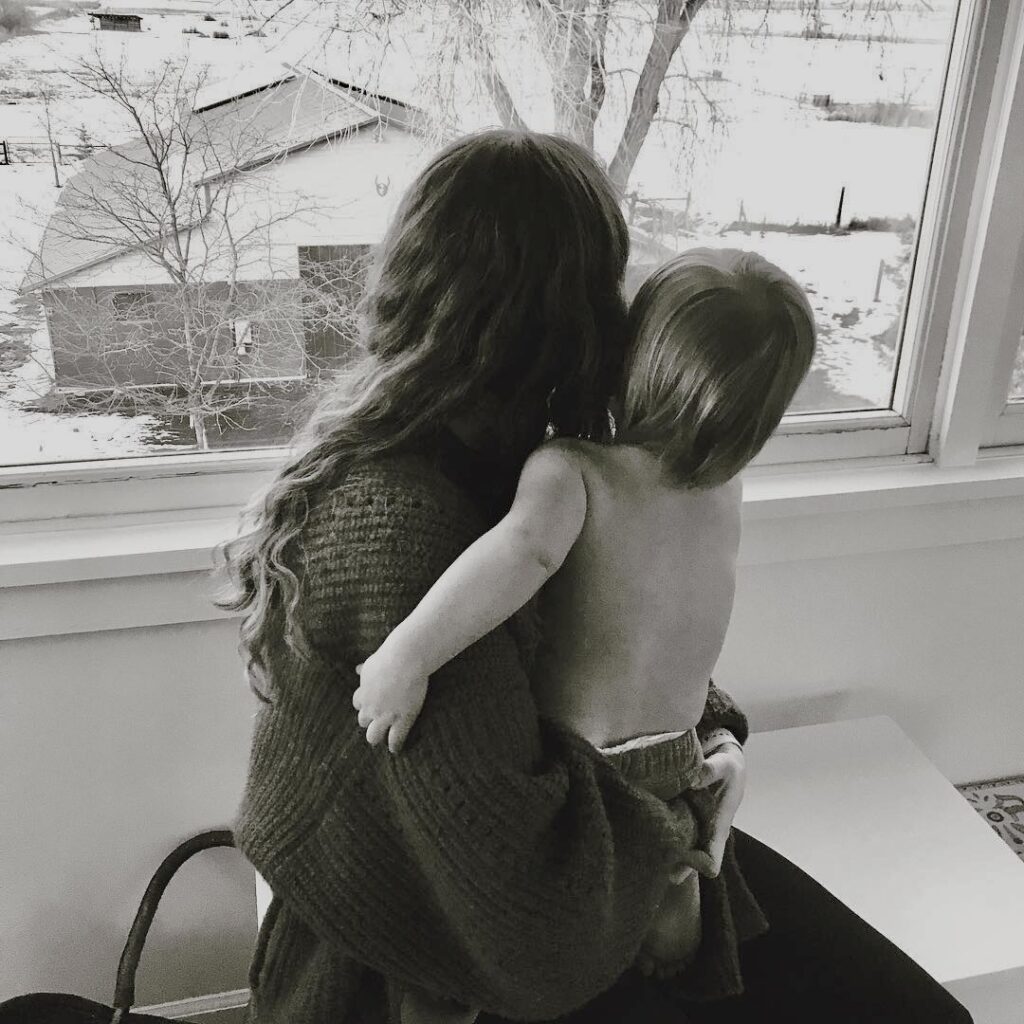
I’ve often told my grown children that there came a time when they became the teacher, and I became the student. The change in roles was an unexpected gift, and although the lessons weren’t always obvious in the moment, in time, I’d understand their significance. Through their actions and words, they modeled for me a different way to interact with the world.
In Emery’s early days of kindergarten, I’d ask her who she played with at recess. That was a question I knew she’d be excited to answer, because in her early school years, Emery was there for the social aspect and little else. I would get a detailed list of her friends that day; most of them I knew, and several who had been to our house to play. One day, when I asked, she told me she didn’t know the girl’s name because she forgot to ask.
“Was she in your class?”
“No, and I don’t know what grade she is in, but no one else was playing with her. She was sitting by herself.”
I didn’t know who she was talking about, but that didn’t matter. What mattered was that Emery would seek out the one no one else was playing with. I was touched by my daughter’s compassion. Would I have done the same at her age? That gave me pause.
I didn’t know who she was talking about, but that didn’t matter. What mattered was that Emery would seek out the one no one else was playing with. I was touched by my daughter’s compassion. Would I have done the same at her age? That gave me pause.
When my children were in elementary school, every day on our short ride home, I’d ask them to tell me one thing they’d learned that day. Their unanimous responses of “nothing” made my daily questions seem pointless. I changed my wording. “Tell me one good thing that happened today.” Again, mumbles of “I don’t know,” or the usual, “nothing.” The day I asked if anyone had thrown up, my question was met with enthusiasm and stories. That lasted for a few days. I gave up, and one day, at dinner, without any thought or strategy, I asked them to tell me their favorite part of the day. Not what they learned, not one good thing, not who threw up, but their favorite part of the day. And they started talking. My son, Thomas, is still talking about it every night at his dinner table when he and his family share both their rose of the day and the thorn.
A few years ago, when I was babysitting my grandchildren, Arlo and Muna, who were 4 and 6 at the time, I was reading to Arlo before tucking him in and asked him the question I had asked his Mama so many times at the dinner table. “What was your favorite thing that happened today, Arlo?” He looked up at me, somewhat confused, as if I should already know the answer. “It’s right now, Laudie. My favorite thing today is now, and you reading Frog and Toad to me.” My grandchildren are teaching me how to be present, and that is where I can find them, because that is where they live. It is what has helped them in their grief of losing their Mama because their brains don’t have the complex reasoning at their age that would have them looking into their future, without their Mama, as I do. They have no preconceived notions of how things should be, and that has become their greatest protector. They are quietly showing me the way without realizing it
Recently, on one of my many trips to Portland to see my son, Thomas, and his family, I had another grandchild moment that gave me pause. I had just finished some work on my computer, and my three-year-old granddaughter, Ozma, saw my screensaver. It is a photo of me with Emery, Thomas, and Grant on a beach in Santa Barbara. She studied the photo, deep in thought, then asked, “Is that Aunt Emery when she used to be alive? When she didn’t used to be dead?”
I was caught off guard by her honesty. “Yes, that is Aunt Emery when she used to be alive.” She nodded her small blonde head and said, “I thought so.” And that was that. Out of the mouths of babes, words that were pure and honest and spoke the truth that many adults struggle with. The wisdom, honesty, and awe of children continually amaze me. I’m listening more. I’m paying attention. I’m noticing the memories that come up, and I’m letting them have a seat and get comfortable.
I’ve written a lot about the signs Emery has given me since she died; moments that have opened me up to other signs that the universe is giving me through grief. I’m recalling stories that have landed with purpose. I’m living in the moment.
Recently, I was going through a trunk filled with notebooks and stacks of typed essays, letters, stories, and poems. Sandwiched between two of the journals was a small stack of 3×5 cards that were rubber-banded together. When I read the top card, I knew what they were. My first Thanksgiving after I divorced, I hosted the family for dinner, including Charlie, who would legally no longer be my husband the following month. I gave everyone a blank card and told them to write down what they were thankful for. From my hostess spot at the head of the table, I read them one by one before we ate. My family, because they couldn’t see the handwriting, then tried to guess who had written each card, a bonus I hadn’t planned on. As I made my way through the stack of cards with words of gratitude for being together, for being invited, for good health, and for a recent Kansas City Chiefs win, I stopped on the one with large, childlike printing. I knew who wrote it as I recognized the handwriting. I am thankful for being alive. Emery found gratitude in what most of us take for granted. Not a new pair of shoes (although my girl loved shoes), or an invite to a sleepover, but to be alive. Emery was a mature 14-year-old when she wrote those words. I read the card over and over, as if I didn’t understand what the six words meant. The timing of the discovery was not lost on me. That small yellow card held my world. I propped it up on my desk, wedging it between a wooden box my grandmother used to keep her paint brushes in and a piece of rose quartz. It hasn’t always been easy to be grateful for being alive this past year, and now I have her reminder.
Someone recently told me that I’m still here, even on the most difficult days, because I’m not done yet. I liked that. It held purpose. My miracle of life, as I write so often from the fetal position, is that I continue to wake up every morning with the quiet agreement to fight, even on days when I don’t want to. I try to find the joy, the connections, and the sparkles in what has become the mire. I try to remember the words on Emery’s card. I am thankful for being alive.
